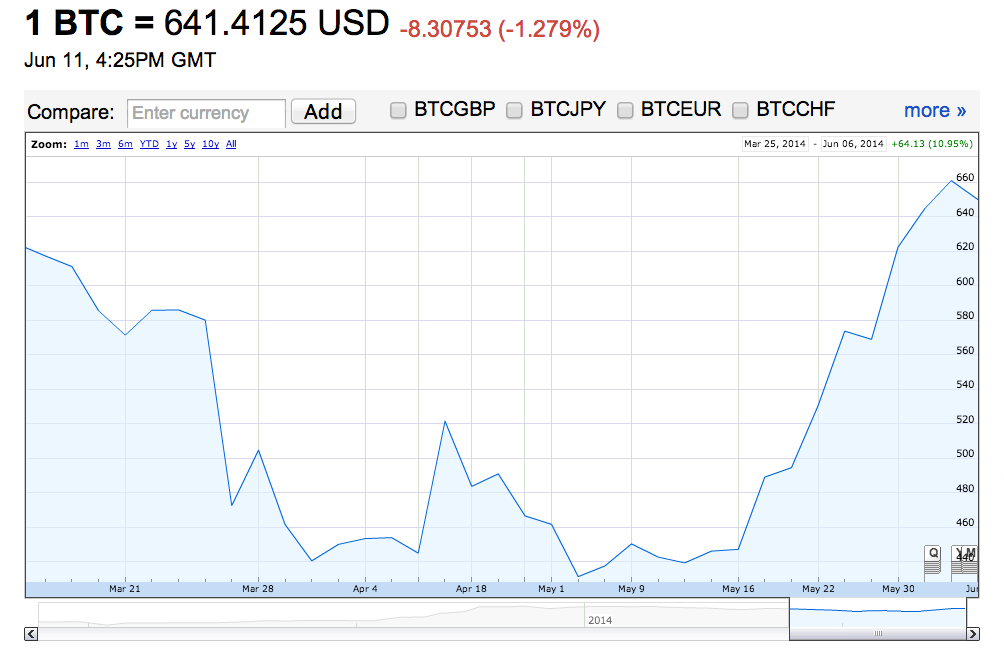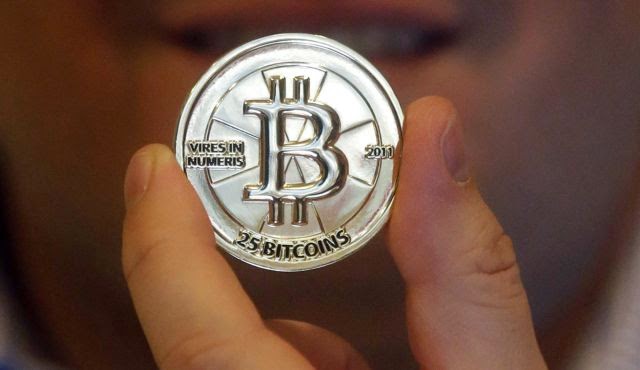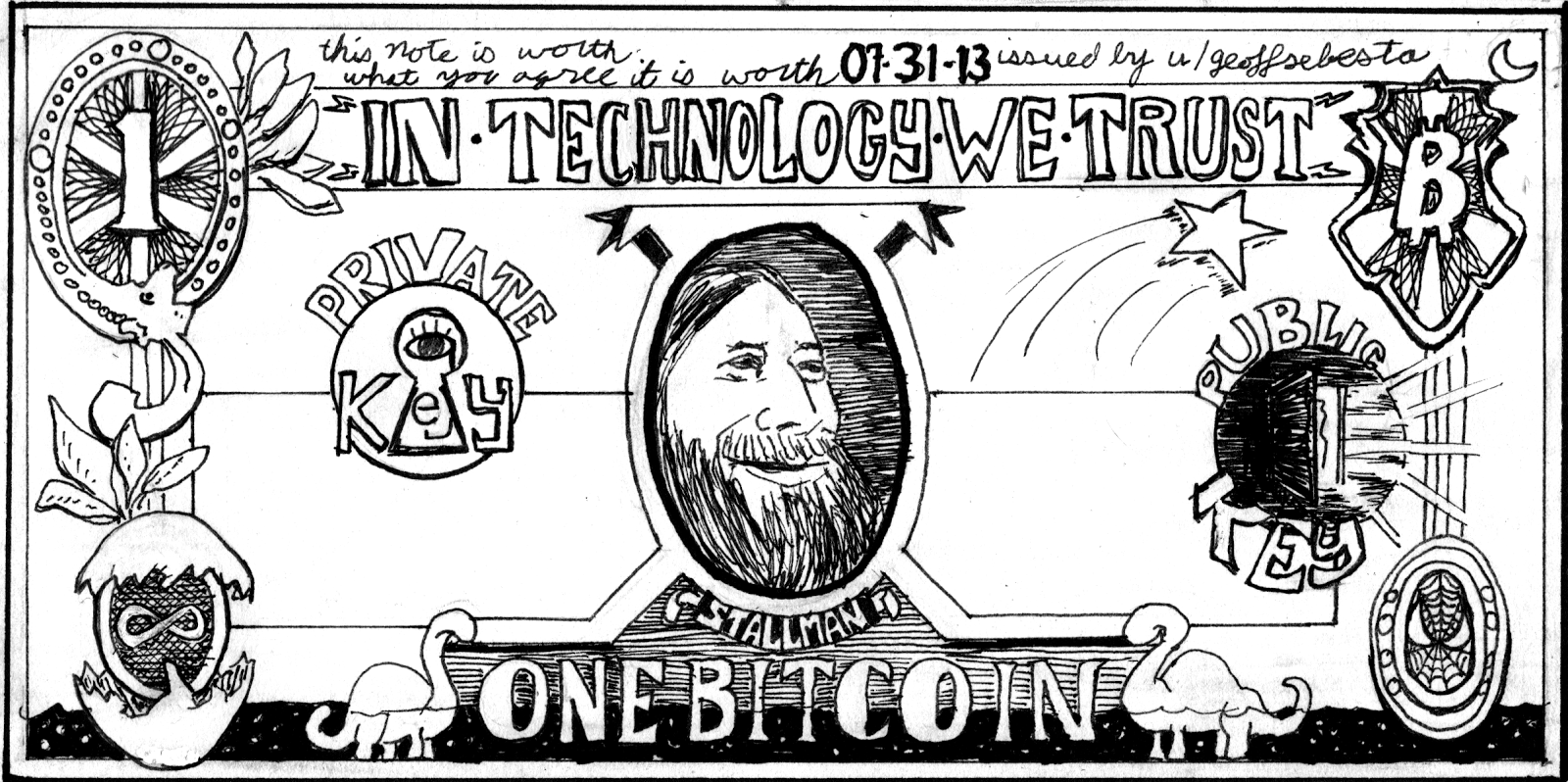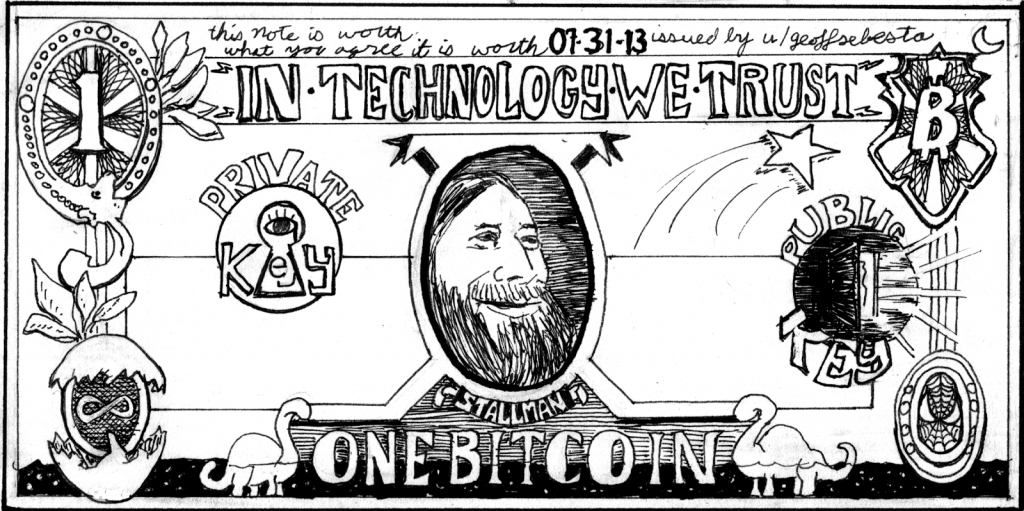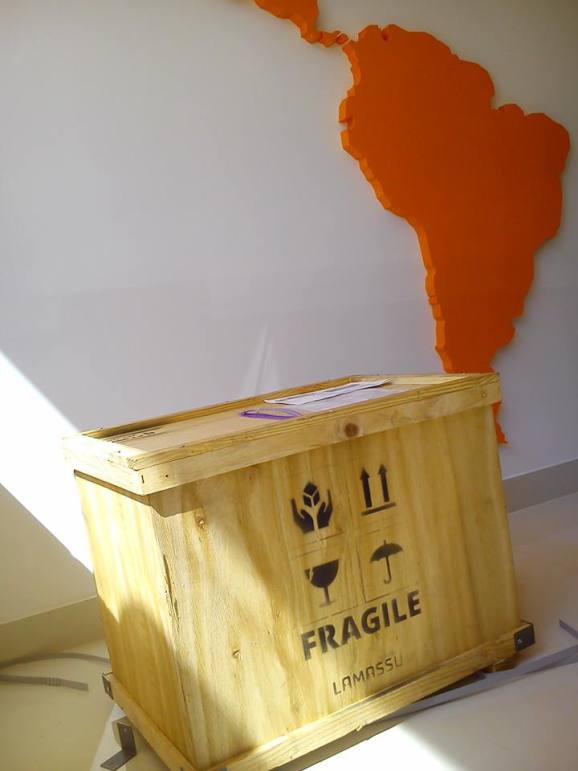“[Bitcoin] produces a market that’s international, that everyone has access to, regardless of race, religion, creed…” – Amir Taaki
(BitcoinMagazine) There is a lot of talk recently of the power Bitcoin has in changing
the remittance market. A remittance is a transfer of wealth from one
person to another, mostly amongst the world’s poor. Zach Ramsay of
Canadian-based CoinCulture calls remittances “peer2peer for the poor2poor.” It’s an astute observation.
those receiving the money. The demand does not just exist, it is
desperately needed. Currently, remittances account for the second
largest amount of wealth transfer from the ‘West’ to the underdeveloped
world, second to International Aid.
current remittance system. It will surely take up pages and pages and
come out in the form of an anti-banking and anti-Western-imposed
“development” rant. The fact of the matter is: fees that are applied to
money that cannot be made in x country, that then needs to be made in y country and sent back to x country for x population to survive should be lower. And now, with bitcoin, they are. Moving forward is all that matters now.
compliance and regulation requirements. Perhaps we can also attribute
some costs to the high risk involved in operating in sub-Saharan
countries. However, the sheer fact of the matter is the current monopoly and lack of competition in the market for cross-border payments is also a reason for the high fees.
on the technology, Bitcoin enables instant transfer of monetary value
over the internet in any amount, to anyone, anywhere in the world, at
any time. This peer-to-peer transfer of wealth saves time and money;
MoneyGram and Western Union take on average 2 days to get money to the
receiver and require a high percentage of that money as payment for this
service.
of the opportunity bitcoin presents in changing the expensive and truly
outdated remittance market. Ronald receives money from his U.S.-based
family to live on while he studies. One day, his U.-S.-based family
decides to experiment with bitcoin. His family types out instructions
to Ronald via a Facebook message and Ronald follows them, downloading
the required software to accept the bitcoin transfer, and the money
arrives in his bitcoin account (a “wallet.”)
Kampala’s city centre and meets with a buyer, who gives him Ugandan
Shillings in return for the bitcoin. The process is quicker than
Western Union and MoneyGram, and costs significantly less (the mining
fee paid by his family back home.) It works! Watch the video here.
competition. It pushes them out of their cozy position, causing them to
rethink their entire existence as a business. But it is a reality.
Bitcoin is working. Perhaps the demand isn’t fully there yet across
all countries. But it will be. And it will replace these archaic money
transfer businesses and processes.
 |
| Antonopoulos telling it like it is. |
reference to the underdeveloped world, Africa is very advanced when it
comes to transferring money online. Fellow Bitcoin Magazine
contributor, Brian Cohen,
says, “more people have access to mobile phones than working toilets.”
Parts of the continent simply skipped past the rest of the world and
went straight to using their phonesfor low-cost banking. Over 1/3 of
Kenyans can now buy and sell virtual currencies by using a bitcoin
wallet called Kipochi within their robust money transfer system, M-Pesa. To date,approximately 14.5 million Kenyans and 5 million Tanzanians have signed up for the service. #SorrynotsorryCGAP
also hold value. Uganda “loves to take money from the poor.” The
country’s current inflation rate is 6-7%; if Ronald’s money isn’t used
or put to work in a vehicle that earns as much as that, his money is
disappearing. Furthermore, if Ronald allows his money to sit in a basic
bank account, it will be “gone in 5 months” due to the high fees
associated with banking. Bitcoin can be used as a store of value.
However, it must be noted that it could also potentially lose money for
Ronald… but it’s not guaranteed to lose money and there are no fees
associated with holding it.
amounts of money to each other. Never before in the history of the
world have we been able to send tiny amounts of money to each other over
the internet! Now, Ronald’s family can send him $10 dollars if they
want. Or money for a meal. It really is incredible.
that, after regulation and compliance costs are implemented on the
bitcoin platform, no “apparent advantage [for bitcoin] will be left.”
cost-savings of the technology cannot be realized. The goal here is to
empower and educate people so they can help themselves and each other.
With Ronald’s example, we can see that this is already happening.
anywhere and at any time using the Internet. The world is shifting into
enlightenment and we are finally evolving out of these old institutions
and laggy systems. The key to this shift is empowering individuals via
access to information and technology. We will create and sustain this
shift by keeping power diffused and decentralized. The answer is not to
build remittance businesses on top of bitcoin, but, if anything, to
build information businesses that can explain and teach people all
around the world on exactly how to tap into this technology and use it
for their benefit.
more sophisticated level of money transfer than countries like Canada
and the United States. Perhaps it’s time for us to catch up and join
East Africa and learn from some of the trails they are blazing with this
technology.
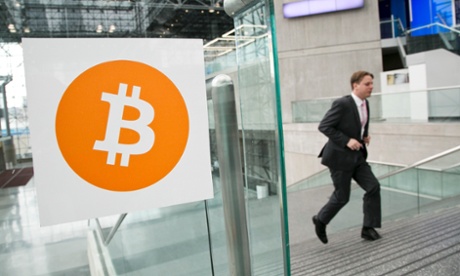


![etukuva[1]](http://bitcoinexaminer.org/wp-content/uploads/2014/03/etukuva1.png)
